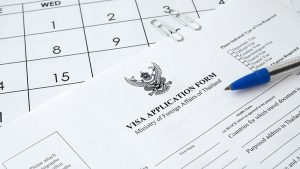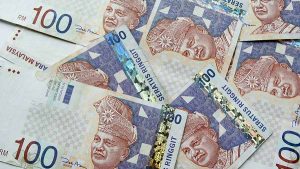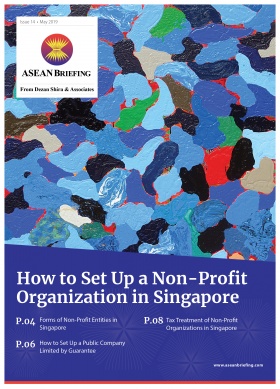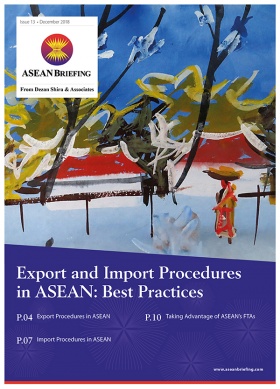Thailand Grants Visa Extensions for Foreigners Impacted by COVID-19
The Thai government granted visa extensions for foreigners unable to leave the country due to the nationwide lockdown. Read on to learn more.
Indonesia Employment Issues During COVID-19
The Jakarta government has issued several measures in dealing with human resource issues amid the COVID-19 pandemic.
Singapore Issues Advice for Businesses amid COVID-19 Pandemic
Singapore’s Ministry of Manpower has issued several measures that could impact how businesses operate in the country.
Singapore Launches Tech@SG Program
Learn more about Singapore’s Tech@SG program which helps local tech companies recruit highly-skilled foreign talents.
Malaysia Increases Minimum Wage
The government has increased the minimum wage for major towns under 56 city and municipality councils.
Singapore Revises PR Scheme: Courting Investments
Singapore’s government has made changes to its Global Investor Program to make it easier for foreign investors to apply for permanent residence (PR) status.
Myanmar Extends Visa Regulations to Five New Countries
Myanmar has extended visa on arrival access to Austria, Hungary, New Zealand, Czech Republic, and Luxemburg. Read on to learn more.
The Minimum Wage in Indonesia: Increased by 8.5% for 2020
By January 2020, Indonesia will increase its minimum wage by 8.51 percent from the current 2019 rate. Learn more about how this regulation will impact businesses in the country.
Expatriate Workers in Indonesia: New Regulation on Positions Open for Employment
Indonesia’s Ministry of Labor issued Regulation 228, 2019 to define the types of job positions open to expatriate workers in the country.
How SMEs Can Secure Their IT System: Simple Steps
SMEs frequently underestimate the importance of cybersecurity to their business. It’s often not a question of “if” your company will be attacked but “when” . Cybersecurity is an often-overlooked item in small and medium sized companies (SMEs), putting these companies at risk every day. Lack of IT experts, fear of high costs, or even lack […]
















